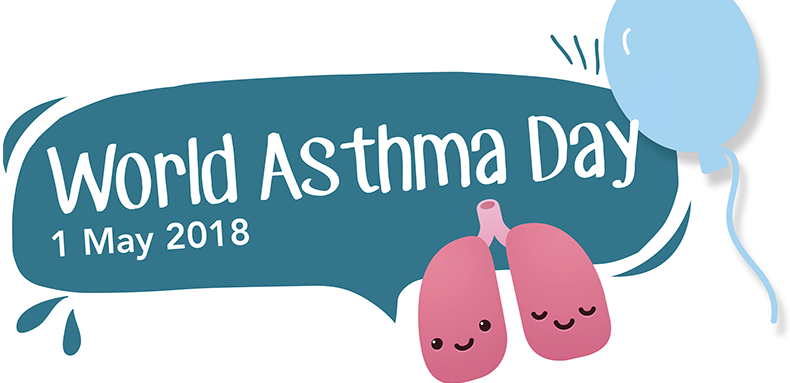About Us
We are the only emergency ambulance service in greater Wellington and the Wairarapa, and the only ones in the country who are free.
We are the only emergency ambulance service in greater Wellington and the Wairarapa, and the only ones in the country who are free.
What we doOur news
World Asthma Day - the importance of knowing your body and your health
World Asthma Day - the importance of knowing your body and your health
 01 May 2018
01 May 2018
In New Zealand, over 521,000 people take medication for asthma – this includes an estimated 1 in 7 children and 1 in 9 adults. For children, asthma is one of the most common causes of hospital admissions and in 2013, 70 people died from asthma in New Zealand.

Currently there is no cure for asthma, however there are lots of things people with asthma can do to manage their condition better so that it doesn’t impact on their life too much.
The first step is to learn as much as you can about the condition and the steps you can put in place to control it. Sheryle Williams learnt how to better manage her asthma after a terrifying experience left her fighting for her life 41 years ago.
Sheryle was enjoying a normal Saturday afternoon when her breathing felt off, and it was getting worse with every breath.
“I was using my inhaler,” she said, “but it wasn’t relieving the symptoms.”
But Sheryle didn’t panic when she realised this was a bad situation, and instead focused on her breathing.
As the situation worsened, Sheryle knew she had to call an ambulance.
She was struggling to talk and could only focus on her breathing.
When the Wellington Free Ambulance paramedics arrived, she could no longer see.
While the paramedics assessed her, Sheryle remembers the ‘energy’ of the room changing.
“They realised how seriously at risk I was, and I was in more danger than they anticipated.”
One paramedic pulled her partner aside and explained the situation was life-threatening.
Sheryle was given oxygen and spent a night in hospital. After the incident, she started taking her asthma more seriously.
“Looking back, I was young and in denial about my condition as an asthmatic, and that it is a condition that needs to be taken seriously.
“My experience shows the importance of listening to your body, knowing and taking your medication, and having a full understanding of the illness or condition you are living with.”
Understanding what triggers your body isn’t always enough. Sheryle knows she could have another serious asthma attack in the future.
“I strongly urge everyone to call 111 if you need help. Know yourself and call as soon as something isn’t right.”